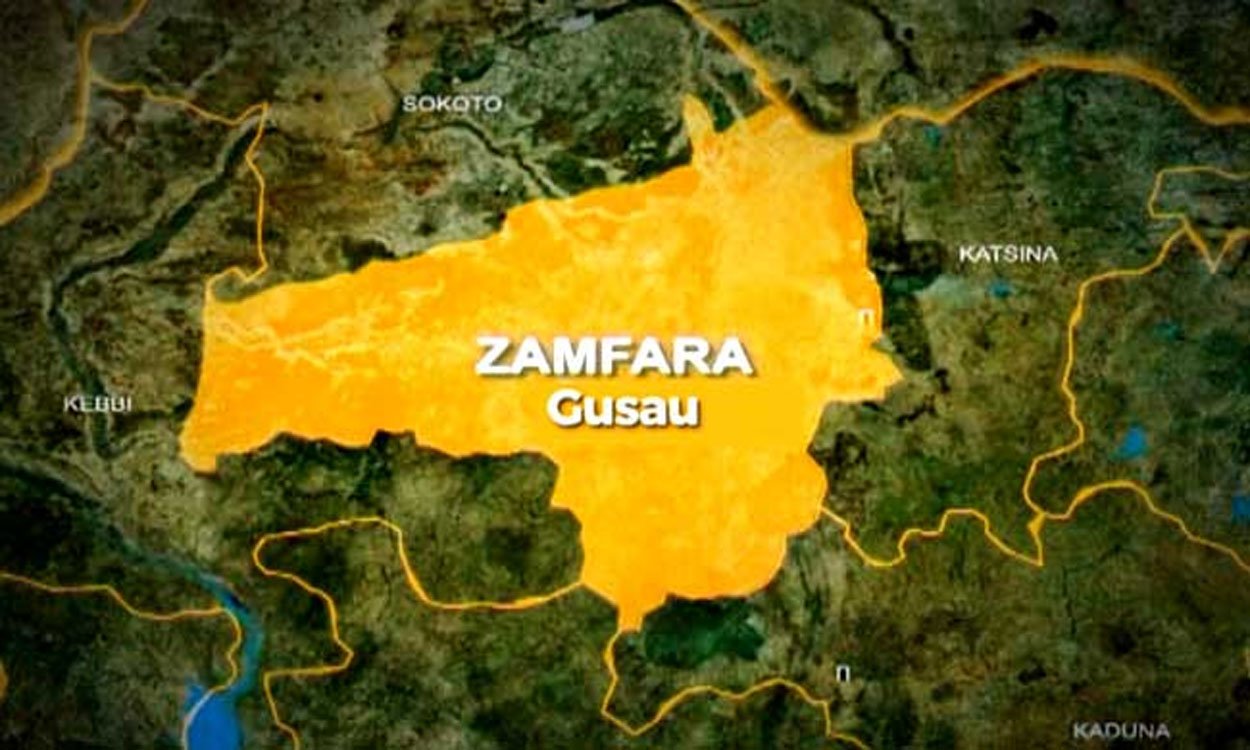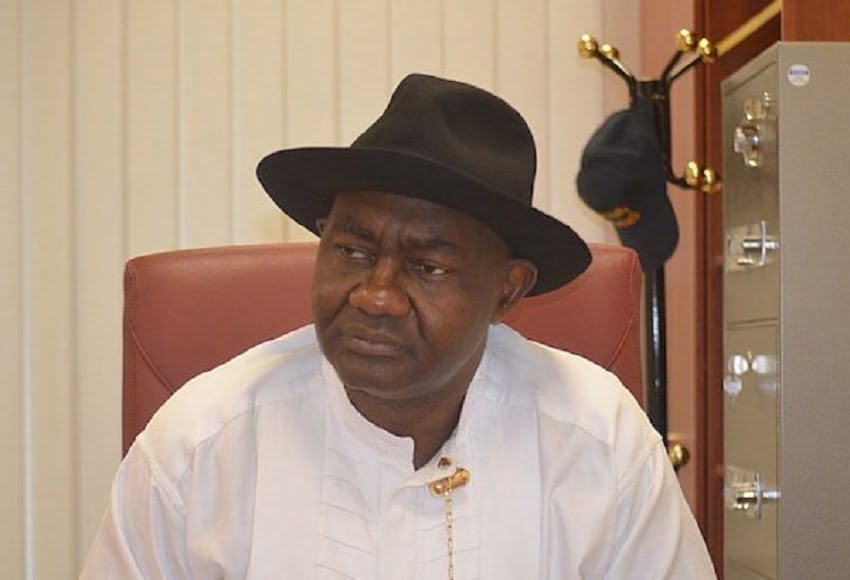Seven years after the Federal Government amended the Pension Reform Act, which stipulated that employers should remit 18 per cent of workers’ monthly emoluments into their RSAs, the government is yet to comply with its own law.
The Pension Reform Act promulgated in 2004 had stipulated that workers and employers should contribute 7.5 per cent each of the monthly emoluments into the workers’ RSAs with their respective Pension Fund Administrators.
The amended PRA 2014 mandated all employers under the CPS to raise workers’ pension remittance to 18 per cent.
According to the amended law, eight per cent of the workers’ monthly salaries should be the employees’ contribution, while the employers should contribute the remaining 10 per cent.
The contributions are kept by the Pension Fund Custodians, administered and invested by the PFAs.
The essence is to ensure that the funds continued to increase until the workers retired which would further translate into higher returns on investments and give retirees higher monthly stipends.
But while most private sector employers have complied, the Federal Government had continued to remit the old amount of 15 per cent into the workers’ RSAs seven years after.
Managing director of a Pension Fund Administrator, who spoke to our correspondent on condition of anonymity on Tuesday, confirmed that the Federal Government had not been remitting 18 per cent of all its workers’ salaries as stipulated by the law.
The source said, “Even the 15 per cent is not paid up to date. The Federal Government workers that are paid through the accountant general office are paid regularly, but those that are paid through PenCom are not up to date.
“The workers who have done the biometric data capturing are those paid through the accountant general office, but those that have not done data capturing are done by PenCom through the Central Bank of Nigeria.”
During a recent oversight visit of the Senate Committee on Establishment & Public Services to PenCom, the Director-General of the commission, Aisha Dahir-Umar, had also hinted that the Federal Government was not complying with the Pension Act.
While speaking on the challenges confronting the CPS, Dahir-Umar had said, “Other challenges include FGN’s non-compliance with the new minimum statutory rate of pension contribution of 18 per cent since 2014.”
She added, “It is perhaps appropriate at this juncture to highlight some of the major challenges of the commission.
“As you are aware, the fundamental objective of the pension reform is to ensure that every worker receives his retirement benefits as and when due.
“However, it is sad to report that there are, today, a large number of Federal Government employees who retired from March 2020 to March 2021 under the CPS that are yet to receive their pensions due to non-payment of their Accrued Pension Rights.
“This challenge, which started in 2014, was essentially triggered by the appropriation of insufficient amounts for payment of Accrued Pension Rights of FGN retirees and further aggravated by late or non-release of full appropriated amounts.”
Our correspondent learnt that more workers had been retiring without pensions under the Contributory Pension Scheme because they retired with very low contributions in their Retirements Savings Accounts which the Pension Fund Administrators have returned back to them because they could not be placed on payroll, findings have revealed.
Most of the retirees had worked under the Federal Government but their contributions were either short-paid for seven years or not remitted regularly, industry operators who didn’t want to mentioned said.
Figures obtained from the National Pension Commission on ‘quarterly report’ on Tuesday revealed that no fewer than 121,543 retirees had got their savings refunded to them because they had less than N550,000 in their RSA balance.
According the law, contributions below N550,000 were considered too low to be divided as monthly emoluments and should therefore be returned to the contributors.
Director, Centre for Pension Rights Advocacy, Ivor Takor, worried that the continuous default would make poverty to return into the pension scheme.
He noted that the CPS was introduced to solve the problem of non-payment of pensions that characterised the Defined Benefits Scheme but unfortunately, the same problem of non-payment was happening again.
According to him, the government had been budgeting several billions which could not be accounted for to eradicate poverty for those who were not its workers, but allowing poverty to reign among those that worked for it.
A former President, Trade Union Congress, Peter Esele, said the woes of workers were worsened with three per cent less payment and galloping inflation.
He said, “The challenge is that those who are not collecting pension are majorly in the public sector, not in the private sector. The compliance is better with the private sector than with the government.
“For government not to comply with 18 per cent, government is setting a very dangerous precedence and undermining the interest of the workers, and thereby compromising their future.”
A former Director-General, Chartered Insurance Institute of Nigeria, Richard Borokini, said, “The implication of that is that when those workers are retiring, they will not get enough funds either as lump sum payment or as monthly pension stipend. On both sides, the workers will be losing.”
He worried that the law was introduced by the government but that the government was not complying fully.
Copyright PUNCH.




2 Comments